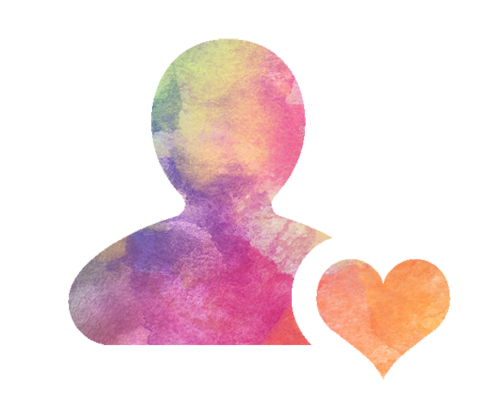“You saved my life!”
I’m not sure I’ve ever had anyone say that to me, but it happened yesterday. I was facilitating a group of clinicians in a Care for the Caregiver session for the CT Department of Mental Health and Addiction Services. I was sitting next to a woman who is a team leader for a local mental health organization. She said, “I don’t know if you remember this but you came to our organization a couple of years ago to do a self-care workshop. I felt like I was having a day that was just falling apart, actually the whole week had been horrible, and what you shared with us that day really helped me get through it all. I actually have the meditation CD you gave us in my car right now and I listen to it all the time!”
Why is self-care so important?
If we are not attending to our needs in multiple aspects of life, then our capacity to have energy, focus, enthusiasm and purpose can be significantly impacted. When I guide people in exploring the best approach to their self-care we talk about 6 aspects of wellbeing:
- Spiritual
- Mental
- Emotional
- Physical
- Social
- Environmental
Spiritual
Everyone defines the spiritual aspect of their life in different ways. They may be related to religious beliefs, or not. It is a person’s capacity to be connected to something larger than themselves – the universe, nature, source, God, spirit … and to have a connection to themselves and other beings on the planet in a meaningful way. What feeds your soul? What values are most important to you? How do you align with your purpose? What brings you awe?
Mental
The quality of your mind, intellect and capacity to think. Mental aspects include your ability to stay focused (versus multi-tasking), the ways in which you stimulate (or rest) your mind, and your capacity for curiosity. It’s also all about your attitudes and beliefs, your quality of self-talk and your capacity see things from multiple perspectives. How can you see situations from multiple perspectives? What can you do to be more mindful and present? How can you change your self-talk to be kinder, gentler and more self-compassionate?
Emotional
All things that pertain to feelings. Often times we can get overwhelmed by feelings (which of course are related to our thoughts) and this can overshadow our ability to think clearly and act appropriately. When we learn to respond versus react to strong impulses we maintain more control and flexibility in situations. Allowing yourself to fully express your feelings is a very important skill in emotional wellbeing. Notice triggers (people, situations, events) and create strategies to minimize their effect. How do you handle strong feelings? What can you do to feel more loving kindness toward yourself and others? How can you practice more gratitude?
Physical
The health of your body and all the systems within it. Making sure that you are nourishing and the needs of your body – with food, activity, rest and breath. What are you eating, drinking and breathing? How are you moving, strengthening and creating flexibility? What are you doing preventatively and proactively to keep your body strong?
Social
Human beings are social creatures. In this aspect of wellbeing we look to create a balance between all the ways in which we interact with family, friends, loved ones, colleagues and even strangers. What are the quality of your relationships? What environments do you enjoy being in? How do you recharge – around other people or by yourself?
Environmental
Nature, your office, your home, your surroundings all fall into this aspect. Sights, sounds, smells, temperature are just a few ways to notice your environment. What do you notice with any of your senses? What might make your environment more supportive?
Do a mini self-care check-in with the Self-Care Wheel right now!
Also, if you are a professional clinician check out this Caregiver Wellbeing Wheel.
Have questions or want to chat about your self-care … let me know!


Recent Comments